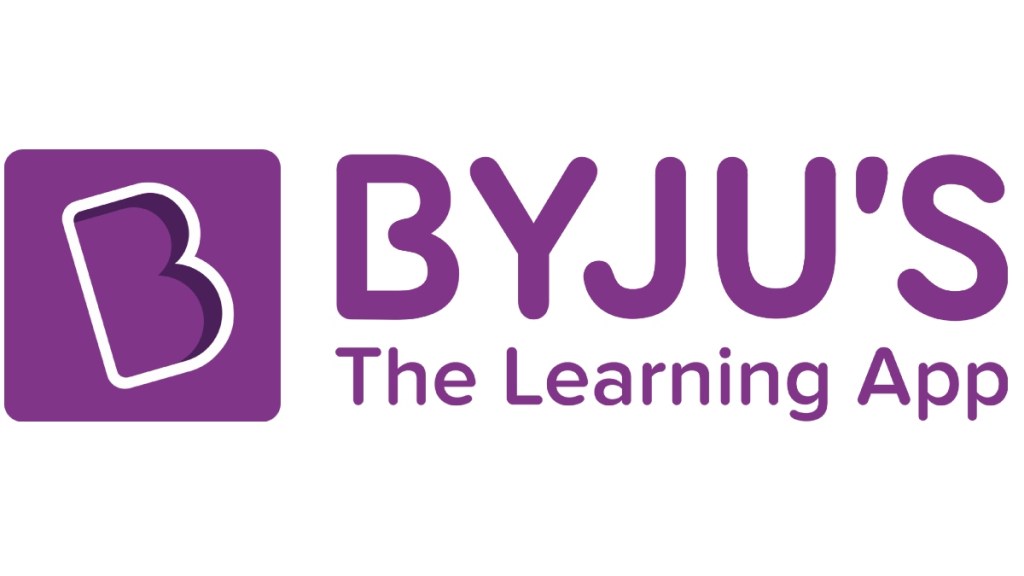The dispute between Byju Raveendran and the Chaudhry family, the promoters of Aakash Educational Services (AESL), over the latter’s refusal to swap their equity holding in the firm with Think & Learn (TLPL), the parent firm of Byju’s, is headed for litigation.
Sources familiar with the developments told FE that TLPL has sent a legal notice to the Aakash promoters over their reluctance to complete the share swap. Sources close to Byju’s maintain that the share swap was unconditionally agreed upon as part of the 100% sale of AESL in 2021. Any reneging on this front amounts to contractual violation, they said.
Sources close to Byju’s also hinted that the rethinking by the Chaudhry family to complete the share swap could be because they will be liable to pay capital gains tax in the absence of an approval by the National Company Law Tribunal (NCLT) for a merger between TLPL and AESL
“In a sale of business for a mix of cash and stock, sellers might look to structure the transaction as a merger so that the stock component of the consideration received by them is exempt from capital gains tax. If the sellers were to undertake a share swap (instead of a merger route), there would be an incidence of capital gains tax on the stock component of the consideration received by them from the acquirer,” Keshav Singhania, head – merger control, Singhania & Co, told FE.
“If the sellers were to undertake a share swap (instead of a merger), there would be an immediate incidence of capital gains tax on the stock component of the consideration received by them. This may be a driving factor for sellers to resist a share swap,” Surjendu Sankar Das, advocate-on-record, Supreme Court, said.
When contacted, both Byju’s and the Chaudhry family declined to comment on the matter.
The Chaudhry family and private equity firm Blackstone collectively own 30% of AESL, while TLPL owns 43%. Byju Raveendran owns 27%. Byju’s acquired Aakash in April 2021 for around $1 billion in cash and stocks. The agreement then valued TLPL at $11 billion to benchmark the future equity swap. Around 70% of the deal was made in cash and the balance 30% was to be adjusted against the equity of TLPL.
The other reason for the reluctance to execute the share swap is the declining valuation of Byju’s. According to a report, Blackstone was supposed to get an additional 0.7 to 1% stake in Byju’s upon completion of the swap, while AESL promoters would have got 1.5 to 2%. Yet another version being put forward for the reluctance is the delay on the part of Byju’s in filing the FY22 financial statements and issues related to corporate governance.
Byju’s valuation of $22 billion has taken a beating in recent times with some investors marking down the value of their holdings in the edtech firm. For instance, Blackrock’s filings valued Byju’s at $8.4 billion in May. In June, Prosus also marked down the value of its holding, which implied Byju’s valuation at $5.1 billion.
Meanwhile, a report on Tuesday indicated that Ranjan Pai, chairman of Manipal Group, is in early discussions to invest in Aakash. The report suggested that Raveendran may partially offload his stake to Pai for $80-90 million. Raveendran would use the funds to repay about `800 crore to Davidson Kempner after Byju’s had a technical default on the loan it raised in May. Further, he would also look to release the pledge on shares of Aakash, which he had offered as collateral for the Davidson Kempner loan, the report said. Pai was one of Byju’s early investors.
The keenness of Pai to invest in Aakash is understandable as it is the best performing entity of TLPL as it is independently cash flow positive.
